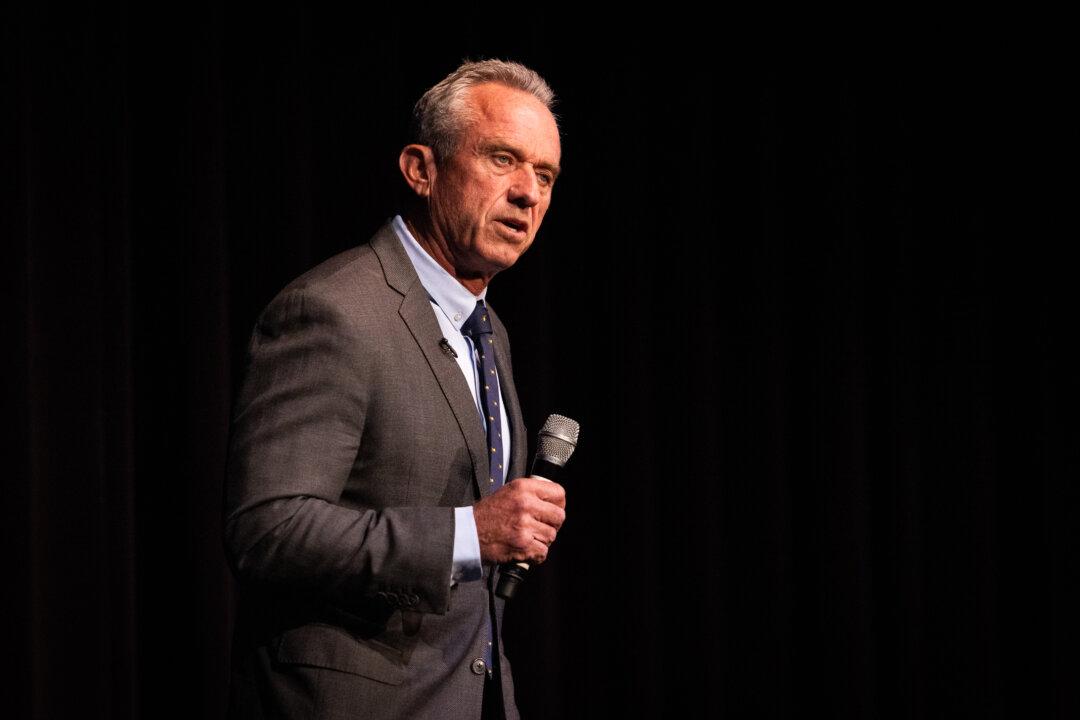Independent presidential candidate Robert Kennedy Jr. has sharply criticized the Colorado Supreme Court’s decision to block former President Donald Trump from the state’s ballot as contrary to democratic norms and values.
“Trump blocked from the ballot in Colorado. When a court in another country disqualifies an opposition candidate from running, we say, ‘That’s not a real democracy.’ Now it’s happening here,” he said in a post on X, formerly known as Twitter.





